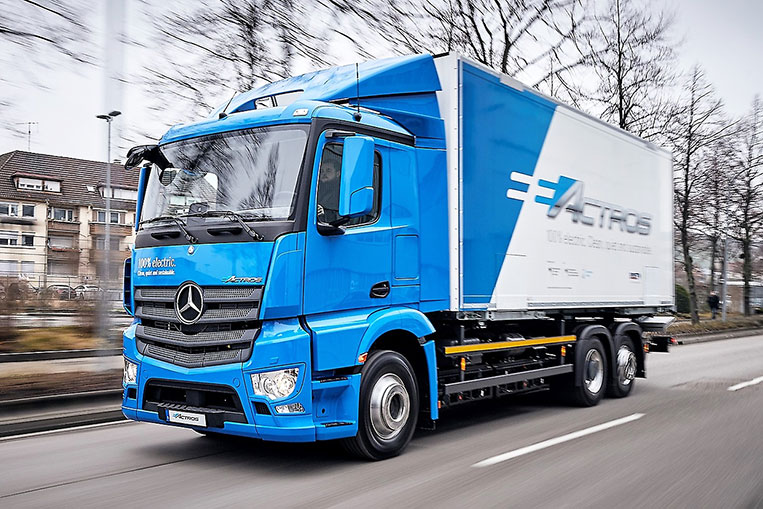
Elon Musk may have taken most of the limelight recently with his Tesla Semi, but he wasn’t the first to create an electric workhorse. That honor goes to the engineers at Mercedes-Benz, who had already presented an electric truck prototype to the public in 2016. A lot has happened since then, and the German manufacturer has now reached the stage where the vehicle, called eActros, is ready to be tested under real-life conditions.
To do this, Mercedes has teamed up with 10 existing customers of their commercial vehicles arm in Germany and Switzerland, who will each test one eActros as part of their everyday operations. This means that the trucks will be used in a wide variety of activities, ranging from transporting raw materials to delivering groceries to supermarkets. The company hopes to gather plenty of feedback from this one-year trial, which will be followed by another 12 months of testing with a second set of customers.
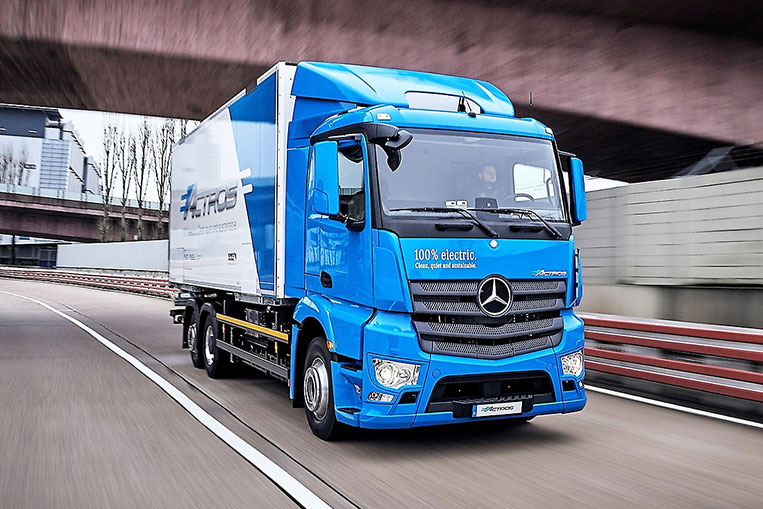
The eActros is based on the frame of the existing Mercedes-Benz Actros, which means it looks just like any other ordinary truck with only the paint job and the lack of a traditional diesel fuel tank giving away its special role as a rolling test bed. Underneath the white-and-blue skin sit all sorts of cutting-edge electric trickery, including two three-phase asynchronous liquid-cooled electric motors that operate with a nominal voltage of 400V and generate 125kW and 485Nm each, with the gear ratios turning that torque figure into a mighty 11,000Nm and on a par with any current diesel truck.
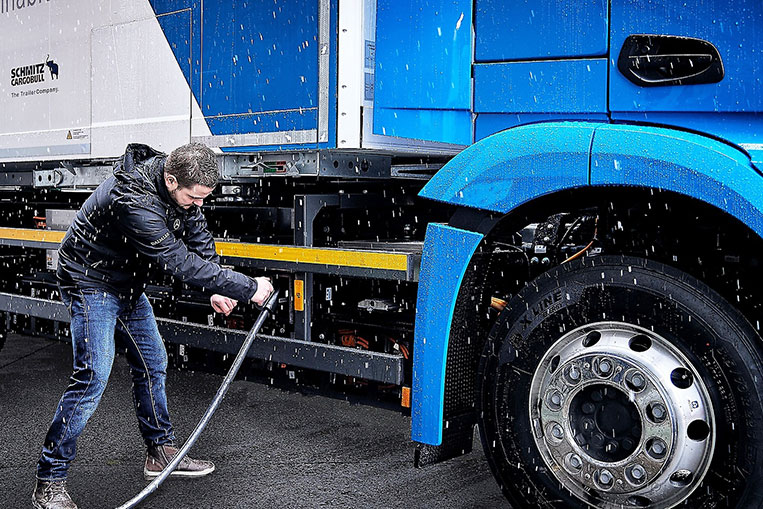
Power is stored in 11 packs of high-voltage batteries that sit within and underneath the frame of the truck, where an additional steel housing protects them in case of a collision. These batteries give the vehicle a range of around 200km, and also power all ancillary aspects of it, including the air brakes, the power-steering pump, the air-conditioning and even the refrigerated body if one is fitted. Once empty, the power packs can be recharged within three to 11 hours, depending on the type of charger available at the depot. There are also two low-voltage (12V) batteries onboard to ensure vital systems keep working should the high-voltage units decide to pack in at some point.
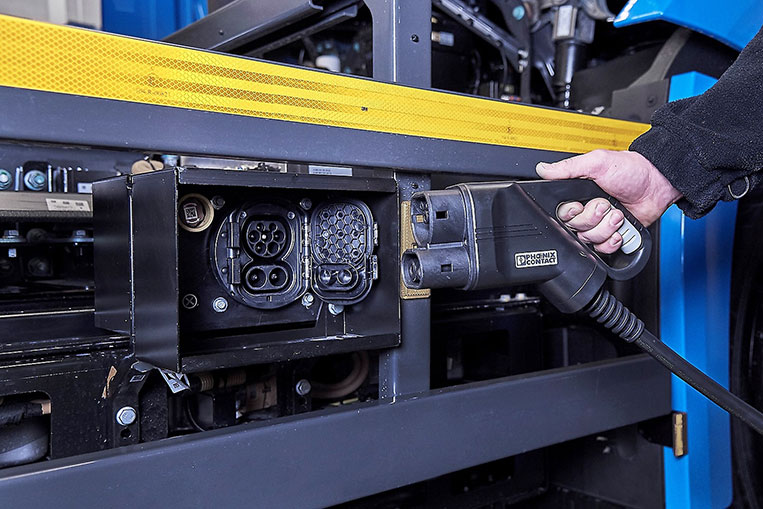
These first test trucks will now be on the road until at least 2020, when Mercedes will take all the findings of this research project and use them to optimize any future mass-market models. The company is already selling an all-electric light-duty truck under its Fuso brand in Asia, but having a proper electric heavy-lifter in its lineup could open up a whole new world of commercial possibilities. More important, this could mean a lot cleaner air in many cities around the world, as diesel trucks are still some of the most pollutive vehicles on our roads.


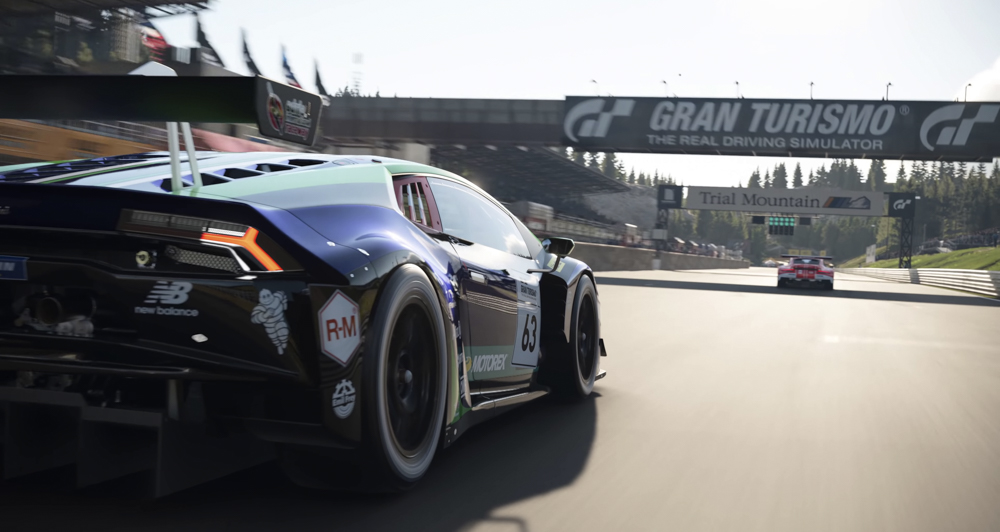
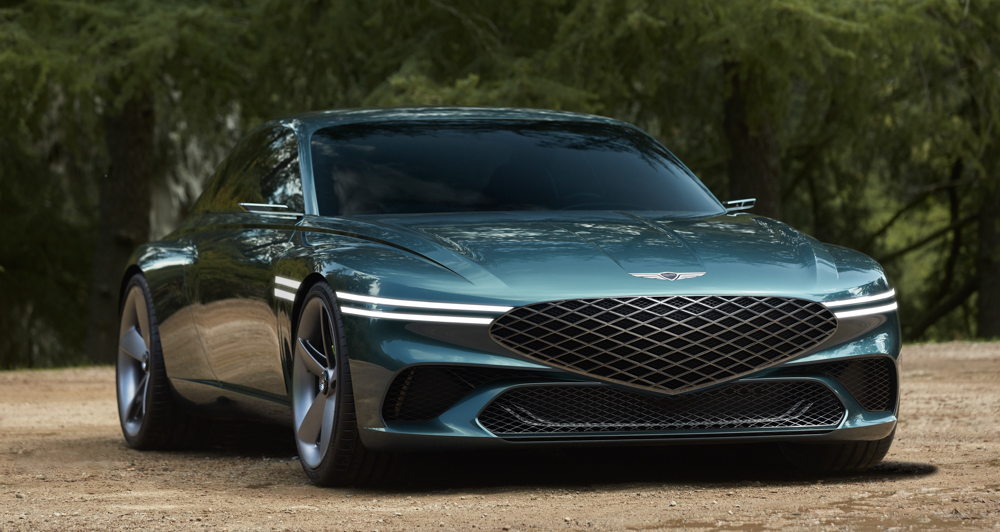
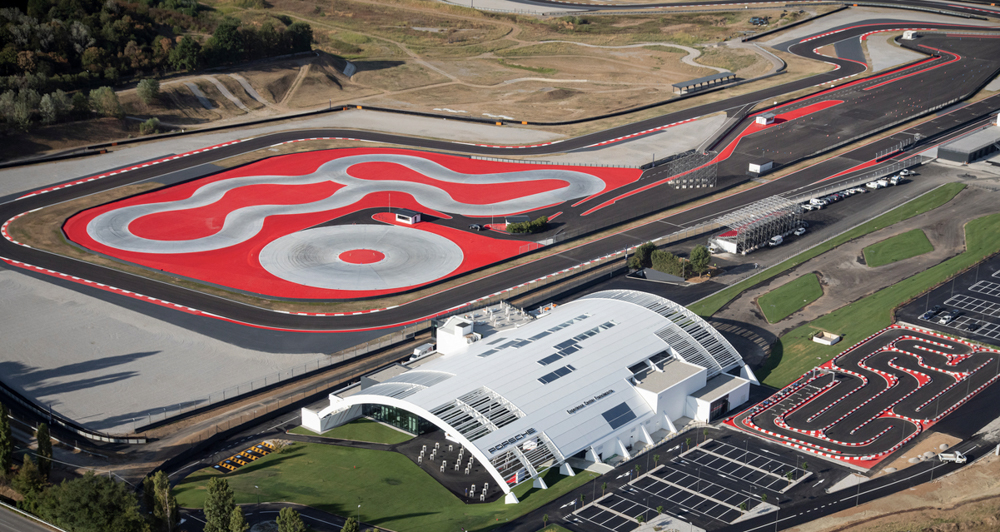




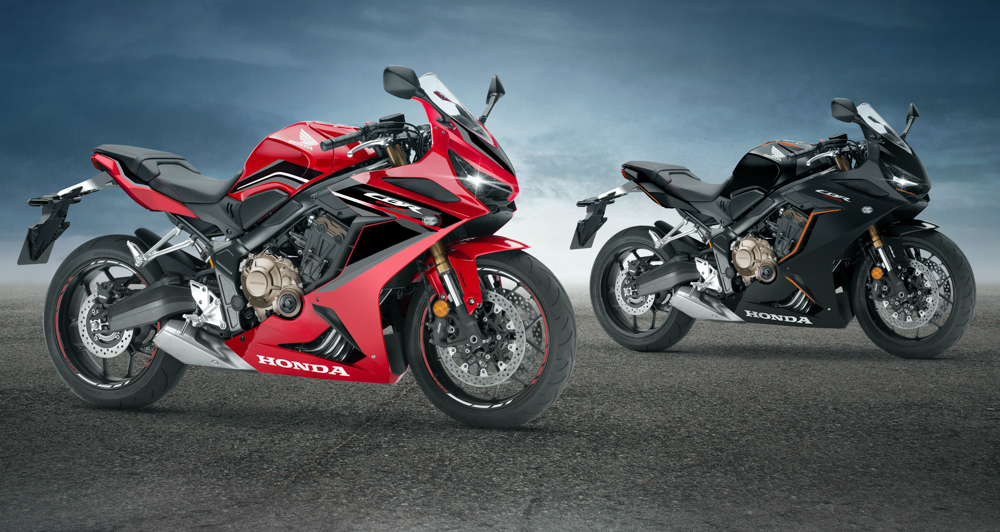
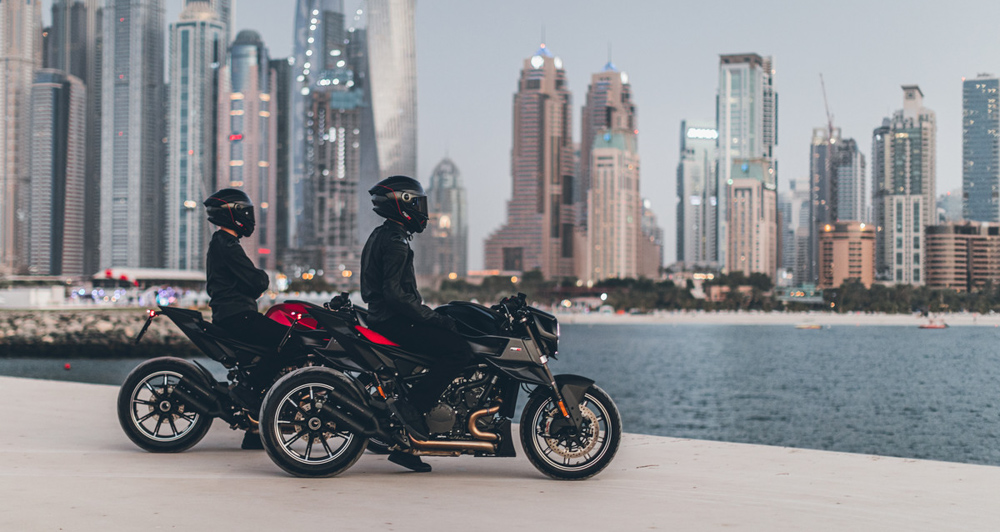
Comments